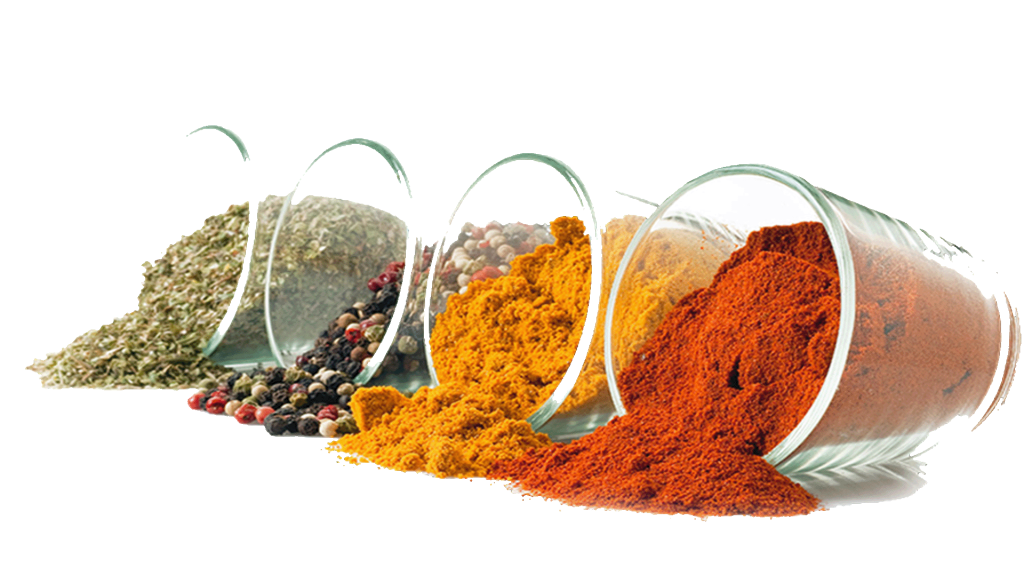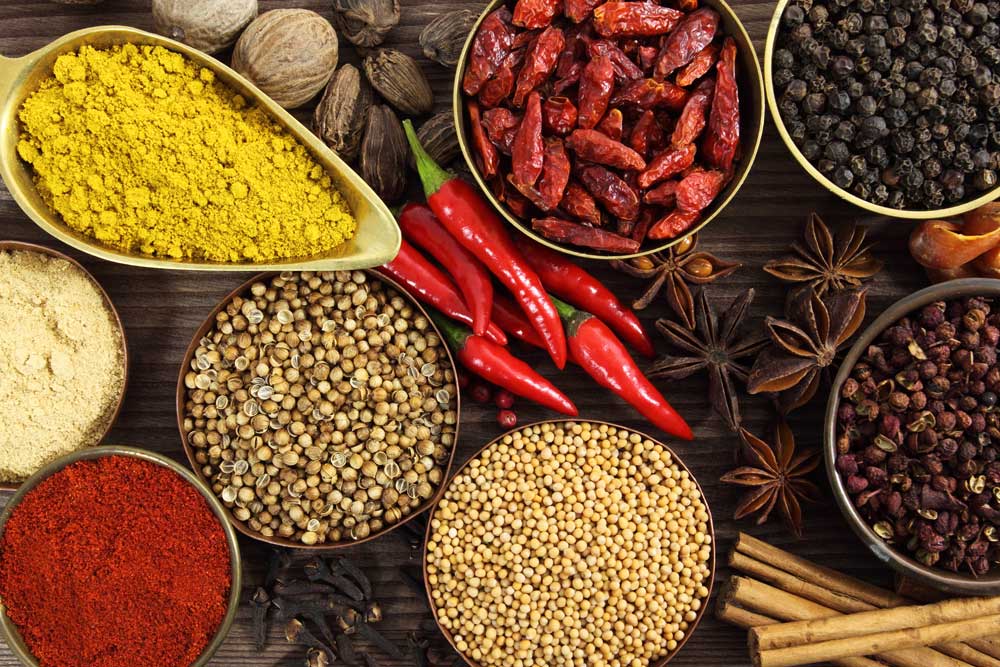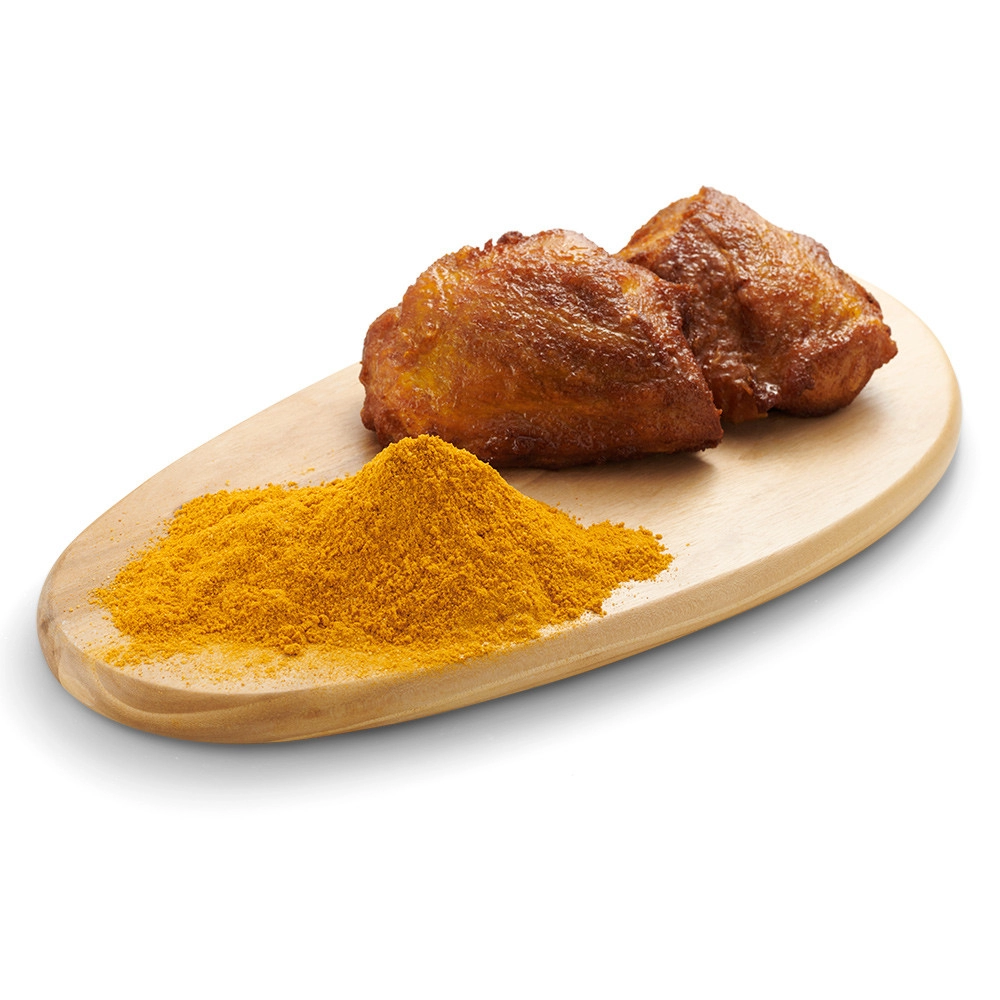
Frequently Askes Questions
Store dried chilies in a dry, cool place in a closed, airtight container. Keep them away from direct sunlight, high temperatures, and heat to maintain their color and aroma. For easier blending, you can store them with a little cooking oil in the freezer or chiller (below 4°C).
Iodine is a crucial mineral for the body. Iodine-enriched salt helps meet iodine needs and reduces the risk of goiter among Malaysians. In January 2021, the government mandated all salt sold in 25kg packets to contain 20-40mg/kg of iodine.
Faiza Marketing holds various certifications demonstrating their commitment to providing high-quality products:
- HACCP: Ensures food safety
- ISO 9001:2015: Implements quality management systems
- Ministry of Health: Ensures product compliance with health regulations
- JAKIM Halal: Confirms adherence to Islamic dietary guidelines
- Green 5S: Promotes workplace organization and efficiency
- Made in Malaysia: Supports local production
HACCP focuses on three main categories of hazards: * Biological: This includes harmful bacteria, viruses, and parasites. * Chemical: These can be residues from cleaning agents, pesticides, or naturally occurring toxins in ingredients. * Physical: Examples include foreign objects like glass or metal, and physical hazards within the food itself like bones or choking hazards.
HACCP identifies CCPs at specific stages in the production chain where controls can significantly impact food safety. These are points where a hazard can be prevented, eliminated, or reduced to acceptable levels. Factors like the nature of the hazard, the processing step, and the potential for contamination are considered when determining CCPs.


Unlike reactive methods, HACCP focuses on prevention. By identifying potential hazards and implementing controls, HACCP helps prevent problems from occurring in the first place.
By effectively minimizing the risks of harmful elements entering the food, HACCP ensures safer and higher-quality products.
By ensuring a rigorous and controlled production process, HACCP helps build consumer confidence in the safety and quality of food products.
